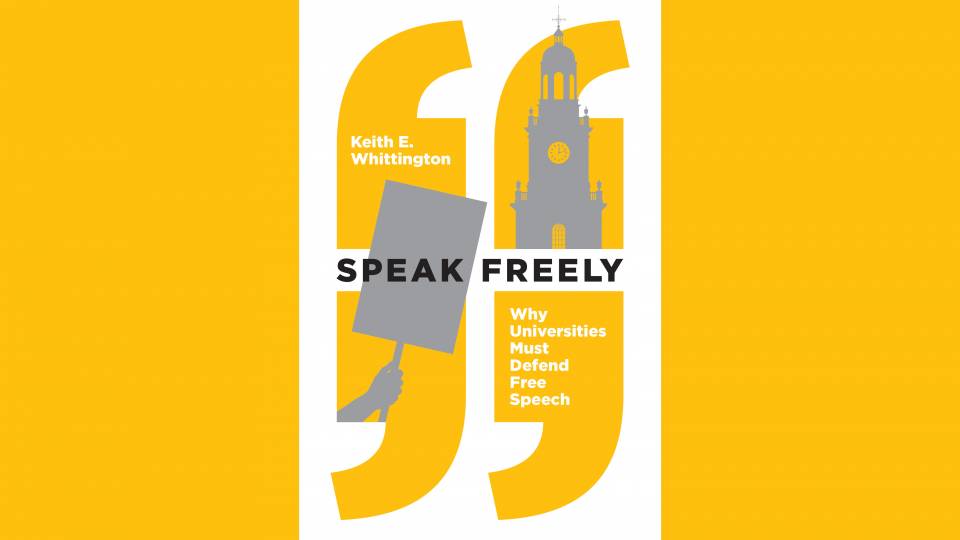
Recent government education policies seem to assume that academic achievement as measured by test scores is the primary objective of public education. A prime example is the federal No Child Left Behind law, which requires schools to bring all of their students to “proficient” levels on math and reading tests by 2014. Allamanda Elementary School After School Program on this page. Many state accountability plans judge schools on the basis of these tests alone, and some states and school districts are considering tying teachers’ compensation to student test results. Yet education historically has served a variety of functions (e.g., socialization, civic training), and public support for music and art in school suggests that parents value things beyond high test scores.
Arizona has 2nd -highest poverty. The state's Medicaid program, provides free. How To Manually Install Skyrim Mods From Nexus there. Second only to Mississippi though tied with the District of Columbia. New Census data: Arizona is second poorest. Program, provides free care for anyone. With the District of Columbia. Nationally the poverty figure.
Are test scores the educational outcomes that parents value most? We tackle this question by examining the types of teachers that parents request for their elementary school children. We find that, on average, parents strongly prefer teachers whom principals describe as best able to promote student satisfaction, though parents also value teacher ability to improve student academics. These aggregate effects, however, mask striking differences across schools. Parents in high-poverty schools strongly value a teacher’s ability to raise student achievement and appear indifferent to student satisfaction. In wealthier schools the results are reversed: parents most value a teacher’s ability to keep students happy. Data This study combines data on teacher requests (by parents) and teacher evaluations (by principals) from 12 elementary schools in a midsized school district that asked to remain anonymous, in the western United States.